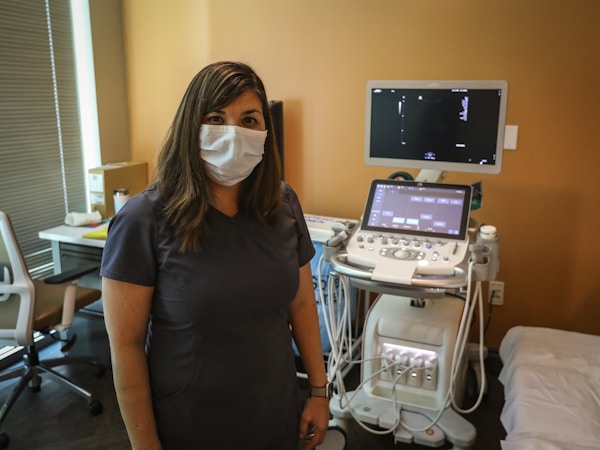As health care providers increasingly turn to technology to improve patient care, they also face a number of data privacy concerns. There are a number of ways that health care data can become compromised. In this article, we’ll take a look at some of the most common data privacy concerns for health information.
Unauthorized Access

Unauthorized access to health information is a data privacy concern because it can lead to identity theft, fraud, and other types of crime. In addition, unauthorized access can also lead to the release of sensitive information, which can be harmful to the individual whose information has been accessed. Unauthorized users can be contractors outside of the organization or even health care workers within an organization who do not work with certain patients or who are not high up enough in management.
When it comes to keeping patient data and other health information safe from unauthorized access, getting a health information management degree is your best bet. Health information management degree programs teach you how to manage and protect electronic health information, which includes learning how to create, secure, and retrieve patient data. You will also learn how to use information technology to improve patient care. Additionally, health information management programs teach you the basics of medical terminology and anatomy, which is essential for understanding and interpreting health records. Whether you want to work as a health information management technician or manager, the health information management degree is the right choice for you.
Data Breaches

When a data breach occurs, the privacy of patients and health care workers is compromised. In addition, any affected individuals may be at risk for identity theft or other types of financial fraud. Data breaches can occur in a variety of ways, including the theft or loss of laptops or other electronic devices and the hacking of computer systems.
To prevent data breaches, many health care organizations hire data privacy attorneys. Data privacy attorneys are experts in the field of data privacy and cybersecurity. They help organizations protect their data from unauthorized access, theft, or destruction. They also advise clients on how to comply with data privacy laws and regulations.
Patient Confidentiality

The HIPAA Privacy Rule, Security Rule, Breach Notification Rule, and other HIPAA regulations help to protect the privacy of health information. These regulations provide a framework for covered entities to protect patient confidentiality.
The HIPAA Privacy Rule protects the privacy of individually identifiable health information. The Privacy Rule requires that covered entities, such as health care providers, health plans, and health care clearinghouses, provide individuals with a notice of their privacy rights. The Privacy Rule also requires these entities to take reasonable steps to protect the privacy of health information.
The HIPAA Security Rule sets national standards for the security of electronic protected health information. The Security Rule requires covered entities to implement security measures to protect the confidentiality, integrity, and availability of electronic protected health information. The Security Rule also requires covered entities to conduct risk assessments to identify and address potential security risks and vulnerabilities.
The HIPAA Breach Notification Rule requires covered entities to notify individuals if their unsecured protected health information is subject to a breach. A breach is defined as the unauthorized acquisition, use, or disclosure of protected health information that compromises the security or privacy of the information.
Overall, the most common data privacy concerns for health information are the security of that data and the potential for it to be used for unauthorized purposes. Ensuring the security of health data is critical to protecting the privacy of patients and maintaining the trust of the public. Unauthorized use of health information can have serious consequences for patients and can undermine the effectiveness of the health care system.




